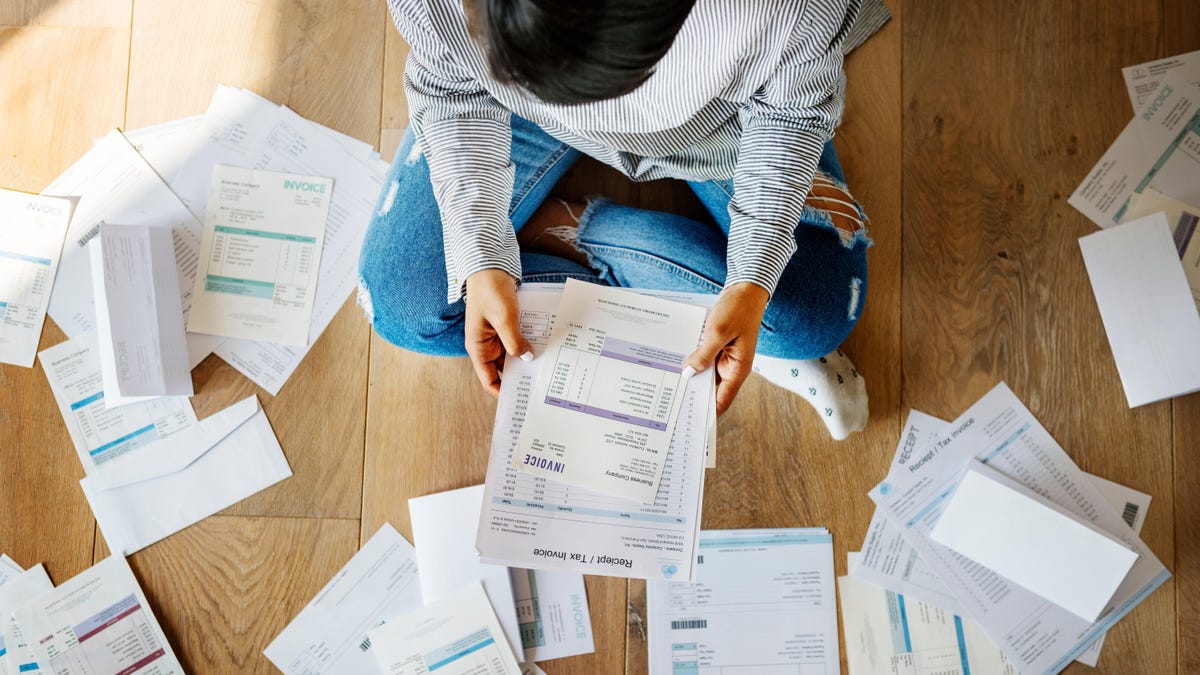Why You Should Never Use Your Retirement Savings to Pay Off Debt

Retirement planning is an important financial goal that requires careful consideration and disciplined saving . However, life can sometimes throw unexpected financial challenges at us, causing some to consider using their retirement savings to pay off debt. While getting out of debt may seem like an attractive option, using retirement savings to pay off debt is a risky move that can have serious consequences. That’s why you should avoid using pension funds to pay off debt, no matter how tempting it may seem.
You will pay fines and taxes
Retirement accounts are designed not to encourage early withdrawals. Withdrawals from retirement accounts before the age of 59.5 usually incur early withdrawal penalties. These penalties can range from 10% to 25% of the amount withdrawn , depending on the type of retirement account. In addition, any funds you withdraw early will be subject to income tax immediately, which can result in a significant reduction in your total savings.
You will sacrifice your growth potential
Penalties aside, the main reason to never invest in your retirement accounts is the potential for upside losses, also known as the magic of compound interest . Retirement accounts such as 401(k)s and IRAs offer deferred or tax-free growth, which allows your investments to accumulate over time, resulting in significantly more growth than traditional savings accounts.
Simply put, compound interest means that the interest on an investment grows exponentially, rather than linearly, over time. By prematurely withdrawing funds from these accounts, you interrupt the growth of your investments, depriving you of the opportunity to accumulate solid capital for retirement.
You have limited time to rebuild your retirement savings
One of the most important factors in retirement savings is time. Even if left untouched for years to come, retirement savings take time to grow substantially. When you make early withdrawals from these accounts, your money loses time advantage in the market, making it harder for you to recover your funds and recover your retirement savings. The sooner you start saving for retirement, the better it will be for you in the long run, so any breach of your contributions could be detrimental to your financial future.
You will jeopardize your readiness for retirement
The purpose of retirement savings is to provide financial security for your golden years. By raiding your retirement accounts to pay off debt, you are compromising your ability to maintain a comfortable standard of living after retirement. Financially secure retirees can better enjoy their retirement and avoid the stress of making ends meet.
Alternatives to Using Retirement Savings to Pay Off Debt
Using retirement savings to pay off debt can provide temporary relief, but often leads to long-term financial hardship. The debt may return and you have already depleted your pension funds, leaving you with fewer resources to meet future financial needs. Instead, consider the following debt relief alternatives:
- Create a debt repayment plan : Develop a comprehensive budget that lists your income, expenses, and debt obligations. Set aside a portion of your income systematically to pay off debt.
- Negotiate with creditors: Contact your creditors to explore repayment options, including lower interest rates or debt repayment plans.
- Consider debt consolidation: Consolidate high-interest debts into one loan or credit card with a lower interest rate to make repayment easier and potentially save on interest costs.
- Increase your income: Explore ways to increase your income through part-time work, freelancing, or selling things you no longer need.
- Seek professional advice. Consult with a financial advisor to create a personalized debt management plan that is aligned with your long-term financial goals.
bottom line
While debt repayment is essential to financial stability, using retirement savings to do so is a risky decision with long-term consequences. The loss of compound interest, penalties, taxes, and reduced readiness for retirement means that any early withdrawal undermines the very purpose of your retirement accounts. Instead, focus on creating a well-structured debt repayment plan and explore alternative strategies for managing your financial obligations, and consider enlisting the help of an actual financial advisor .